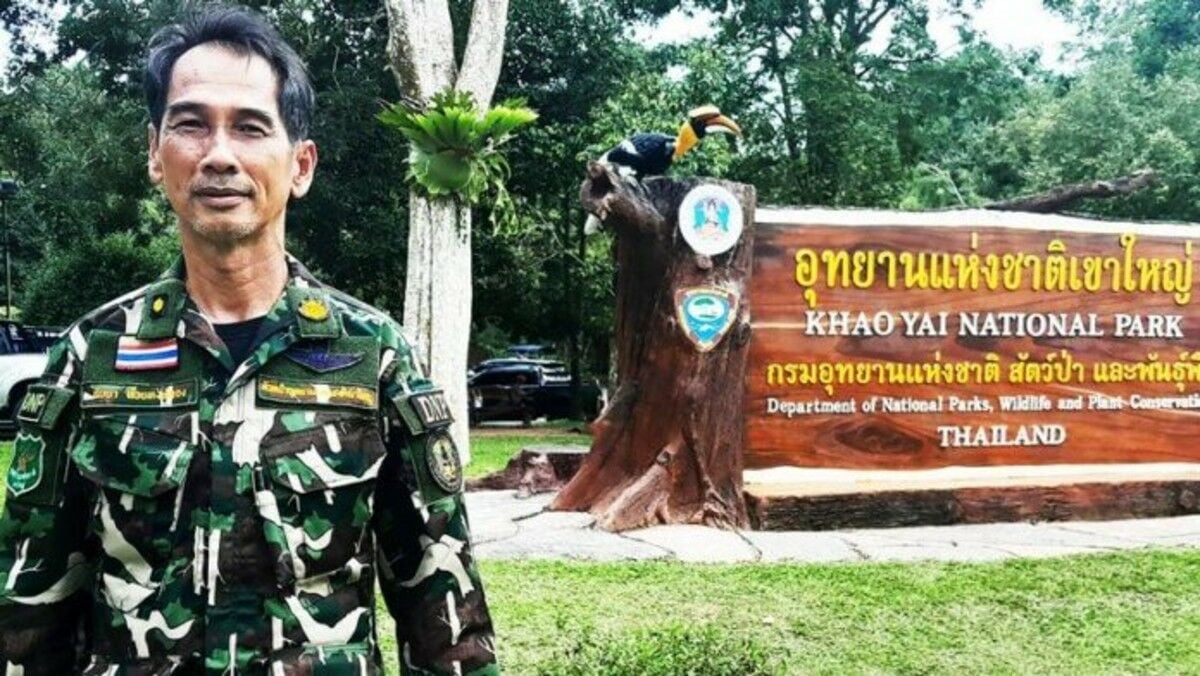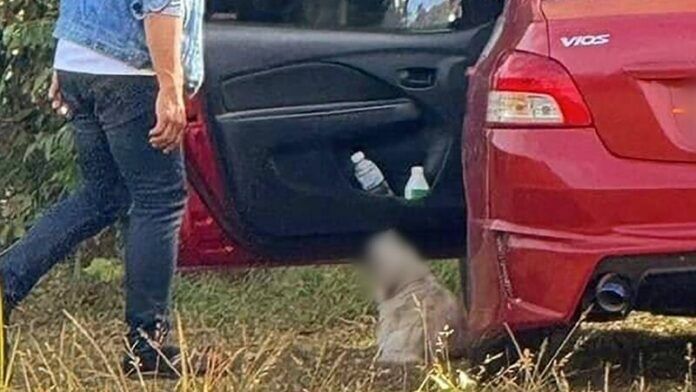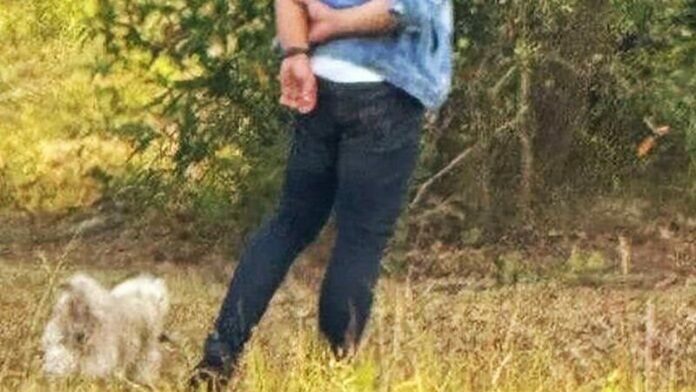Dog roaming at Khao Yai may cost owner 20,000 baht fine

A red sedan was spotted at Khao Yai National Park, with its owner allowing a dog to roam freely, potentially facing a fine of up to 20,000 baht. This incident, which took place over the recent weekend, stirred significant attention on social media.
The head of Khao Yai National Park, Chaiya Huaihongthong, confirmed the situation. A tourist captured images of a man letting his dog out of the vehicle to wander around the grassy area near the Sai Sorn Reservoir within the park. These images quickly circulated on social media, prompting numerous comments and concerns from the public.
“After reviewing the images, officials began the process of tracing the vehicle’s registration to identify the owner’s residence. This is necessary to summon the individual for questioning and apply penalties according to the National Park Act of 2019, specifically under sections 20, 21, 27, and 48.”
A significant highlight of this legislation is Section 21 which prohibits bringing or releasing animals into national parks without official permission. This law seeks to ensure the safety of both wildlife and visitors, with offenders facing fines that can reach up to 20,000 baht.
“We have consistently communicated through various media channels and the Khao Yai National Park Facebook page about adhering to the ‘Four Do Nots’ – do not drive fast or make loud noises, do not feed the animals, do not litter, and do not bring pets into the park. These measures are essential to preserve the environment.”

The recent breach of these rules highlights the ongoing challenges faced by park officials in maintaining compliance and ensuring the safety of wildlife. The introduction of pets into natural reserves can lead to unexpected interactions with the local fauna, posing risks to both the animals and the visitors.
Khao Yai National Park, a UNESCO World Heritage Site, is renowned for its diverse wildlife and rich biodiversity. It is home to many species, some of which are endangered. Regulations such as those highlighted by Chaiya are crucial in conserving these ecosystems and protecting the species that inhabit them.
Efforts to maintain the integrity of protected areas like Khao Yai include continuous monitoring and strict enforcement of rules. Park officials are hopeful that the individual involved will be easily located and understand the implications of their actions. Public cooperation is vital in these efforts, as collective adherence to rules significantly contributes to the conservation initiatives in place, reported KhaoSod.

Frequently Asked Questions
Here are some common questions asked about this news.
Why is it crucial to enforce strict rules about pets in national parks?
Bringing pets can disrupt local fauna, leading to harmful interactions and impacting conservation efforts.
How does public awareness contribute to the preservation of national parks?
Informed visitors are more likely to follow regulations, aiding in the protection of wildlife and natural ecosystems.
What if more people ignore the regulations in Khao Yai National Park?
Increased rule violations risk ecological imbalance, endangering both wildlife and the park’s UNESCO status.
How do park authorities trace rule violators like the pet owner in this incident?
Officials use vehicle registration data to identify and summon individuals for questioning and penalty enforcement.
What impact does social media have on incidents like the one in Khao Yai?
Social media amplifies public awareness and can pressure authorities to enforce regulations more strictly.
Latest Thailand News
Follow The Thaiger on Google News:


























